Brenna Matendere
Health delivery watchdogs have welcomed government’s Covid-19 vaccination program but are concerned about lack of information relating to the Chinese Sinopharm vaccine, which was recently flown into Zimbabwe.
Air Zimbabwe delivered 200,000 free doses of the Sinopharm vaccines that Health minister and Vice President, Constantino Chiwenga received at the Robert Gabriel Mugabe International Airport last Sunday.
Sinopharm is a state owned Chinese company but media reports indicate that no vaccination using this jab has been done in the Asian country that conditionally approved the vaccine last December.
Government says it will soon take delivery of a further 600,000 doses that it claims to have bought from China, but the deal is still shrouded in secrecy as government is reportedly still negotiating the price.
Zimbabwe is understood to be awaiting vaccines from Russia and India too.
Questions
“The only option (to get rid of Covid-19) is the vaccines,” said Enock Dongo, the Zimbabwe Nurses Association (ZINA) president. “But we have questions that need government’s answers and these questions must be answered truthfully”.
His organisation is worried that a new strain of the coronavirus that is reported to have already reached Zimbabwe from South could derail the vaccine rollout, yet government is silent on the issue.
The South African Covid 19 strain, otherwise referred to as N501Y, is considered to be more contagious.
“Given our proximity to South Africa, the probability of us getting the Covid-19 variant is very high. So, chances of the vaccine, which was developed last year using the first type of Covid-19, protecting our people might be slim,” Dongo told Grazers News, the Information for Development Trust (IDT) news blog.
While government has not said anything about Sinopharm efficacy against the new Covid-19 variants from South Africa and Kent in the UK, trials of the Pfizer/BioNtech vaccine are reported to have revealed that the latter jab could effectively fight the new strains.
The Zimbabwean government, though, has snubbed the Pfizer vaccine, which has a 96 percent efficacy rate, against Sinopharm’s reported 79.3 percent.
Not much is known of the trial results on Sinopharm because China has largely kept the information under wraps, but that has not stopped several countries—among them Egypt—from approving and authorising the vaccines.
Information blackout
Zimbabwean, which commenced Sinopharm vaccination on Thursday (18 February 2021), is yet to roll out a detailed awareness campaign and possible beneficiaries are worried that they have not been educated on the side effects of the jab.
Dongo said government must assure the public that Sinopharm does not have serious side effects.
Poor communication regarding vaccination has resulted in low confidence among Zimbabweans.
Itai Rusike, the Community Working Group on Health (CWGH) director, urged government officials to lead from the front in order to boost public confidence.
“The national leadership should lead by example, by getting vaccinated first so as to build confidence in the general public about the safety and effectiveness of the Covid 19 vaccines,” he said.
Rusike said government must forge partnerships with civil society organisations to conduct campaigns to fight disinformation about the vaccines.
“Tackling disinformation and misinformation will require a multi-lingual public education, information and awareness campaign, community engagement and communication,” he said.
The Zimbabwe Association of Doctors for Human Rights (ZADR) is worried about lack of certified proof of the effectiveness of Sinopharm.
“The vaccine went through the first and second stages of trials and it’s currently undergoing the third phase. The results have not yet been scientifically published. What we have are press releases from the UAE, Brazil and China but there is no scientific data to show that the vaccine is effective,” said ZADR spokesperson, Norman Matara.
Unconventional
A researcher at the National University of Singapore, Dale Fisher, was quoted by media outlet CNBC saying it was “unconventional” to vaccinate people before completing trials.
Matara implored government to give regular updates on the vaccine so as to reduce myths and misconceptions surrounding Covid-19 vaccination.
Government recently announced that the vaccination would target frontline staff, people with chronic diseases, the elderly who are over 60 years, prison populations and those in confined settlements first.
In the second phase, colleges and schools would receive the vaccines while the rest of the population that is considered to be in the low-risk would receive the jabs last.
But, already, there are concerns that Sinopharm may be unsuitable for people in their sixties and above.
The Zimbabwe chapter of the Media Institute of Southern Africa this week urged government to include journalists—who seem to have been relegated to the low-risk bracket—in the high priority group.
World Health Organisation (WHO) Expanded Programme on Immunisation (EPI) manager, Maxwell Rupfutse, warned that vaccination alone would not contain Covid-19.
“We really appreciate the efforts of the government of Zimbabwe and all stakeholders in this fight against Covid-19. Let’s note that vaccination is an additional Covid 19 control tool which should be used together with all other preventive measures,” he said on the WHO website.
In a ministerial statement issued 16 February, Chiwenga said the Sinopharm vaccine would be monitored.
“The Pharmacovigilance and Clinical Trials Committee will implement vaccine vigilance plans to monitor the safety and electiveness of the Covid 19 vaccine in use. The vaccine consignment shall be physically verified and cleared by the Medicines Control Authority of Zimbabwe,” he said.







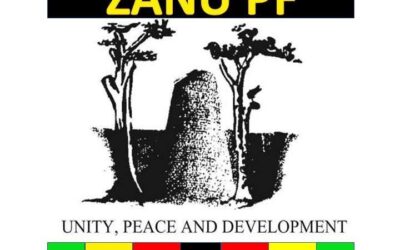


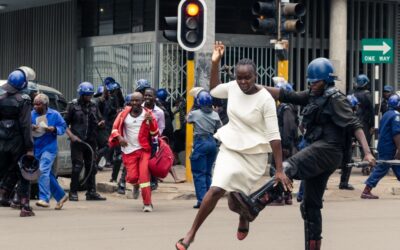






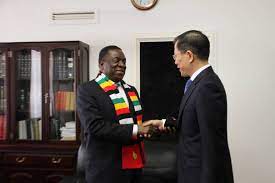





















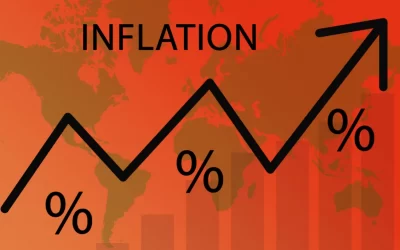



















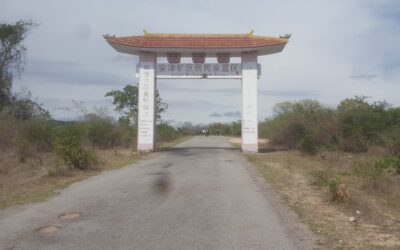
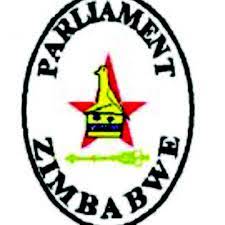
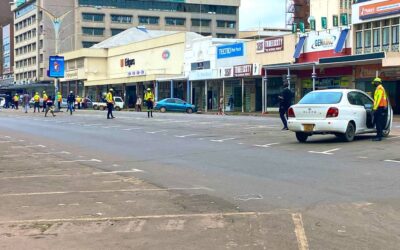



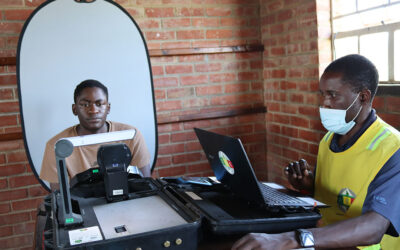









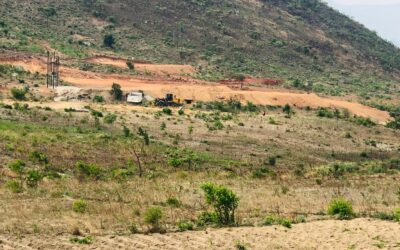



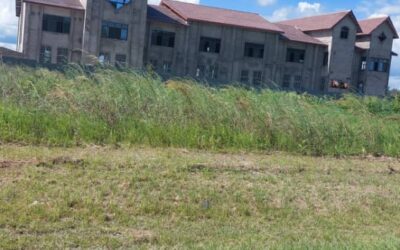





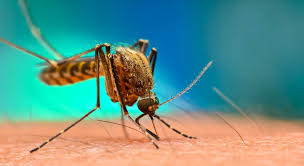
















[url=https://www.tc-bus.ru/autobusi/prigorodnyye/kavz_4235_62_prigorod]кавз 4238 аврора[/url]
Tegs: кавз 4235 42 https://www.tc-bus.ru/autobusi/prigorodnyye/kavz_4235_62_prigorod
[u]официальный дилер ютонг[/u]
[i]дилер ютонг[/i]
[b]автобус ютонг места[/b]